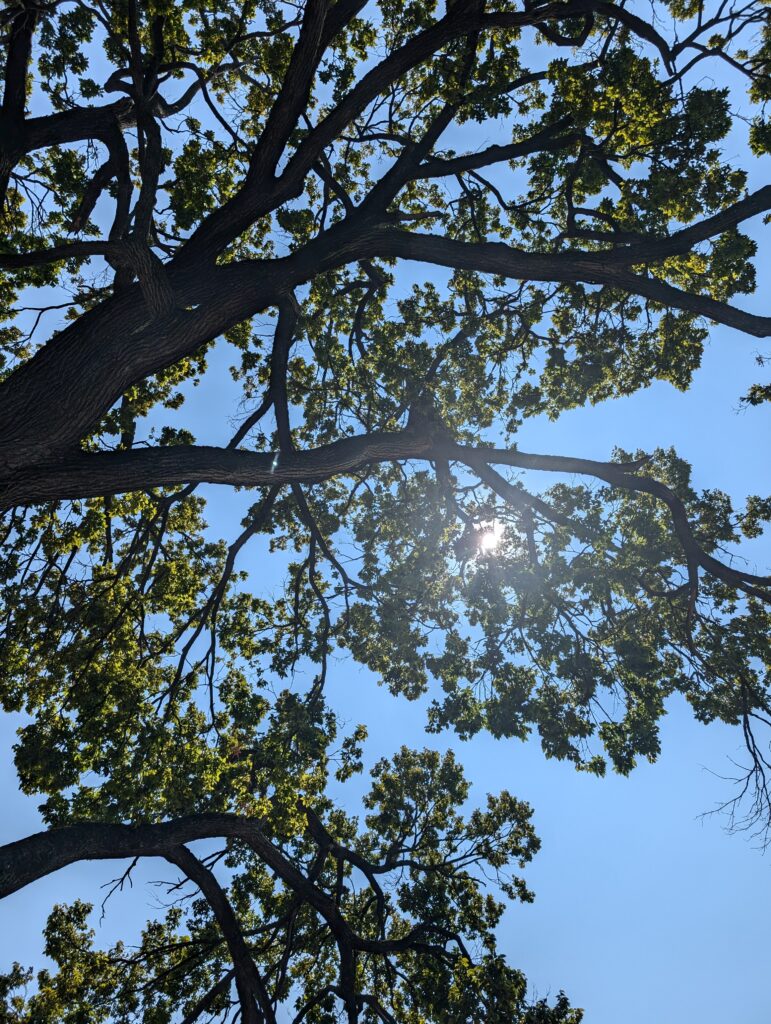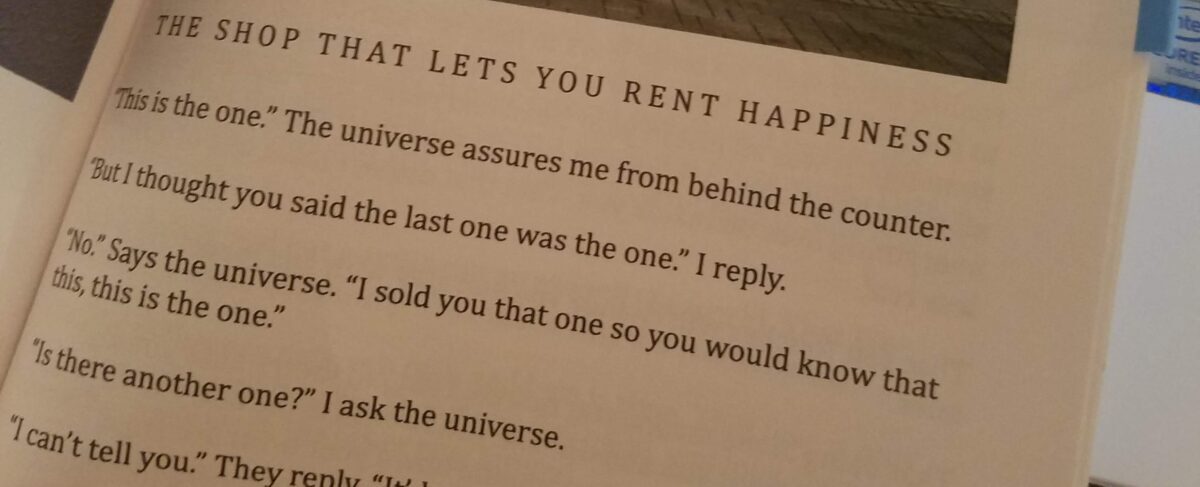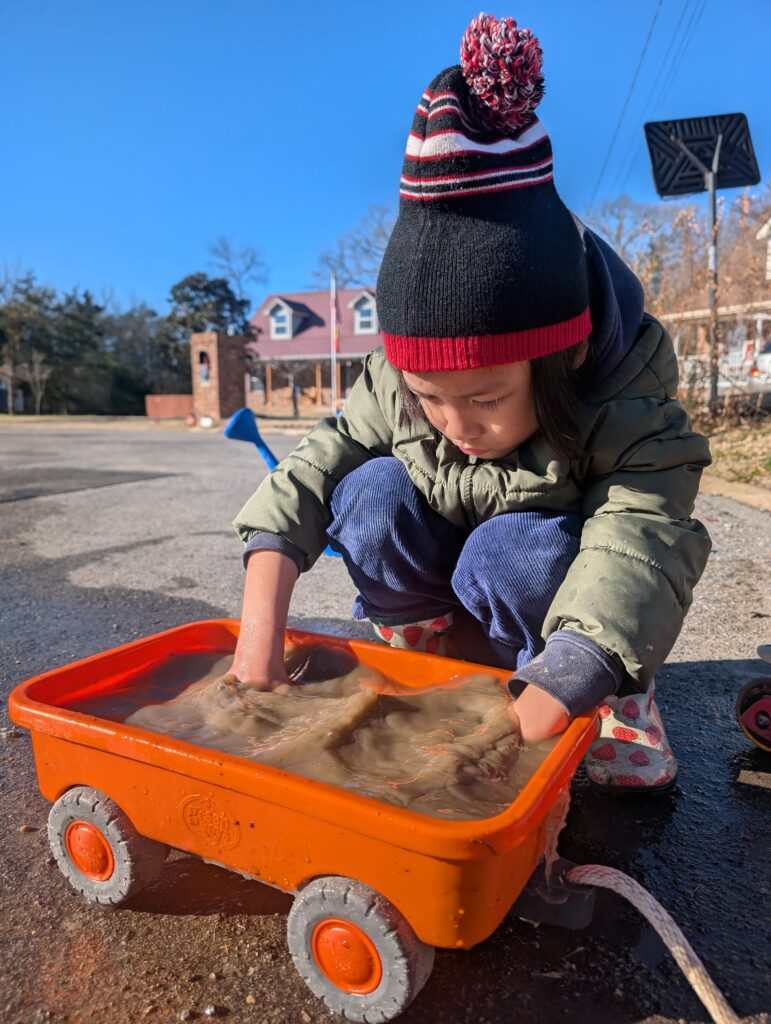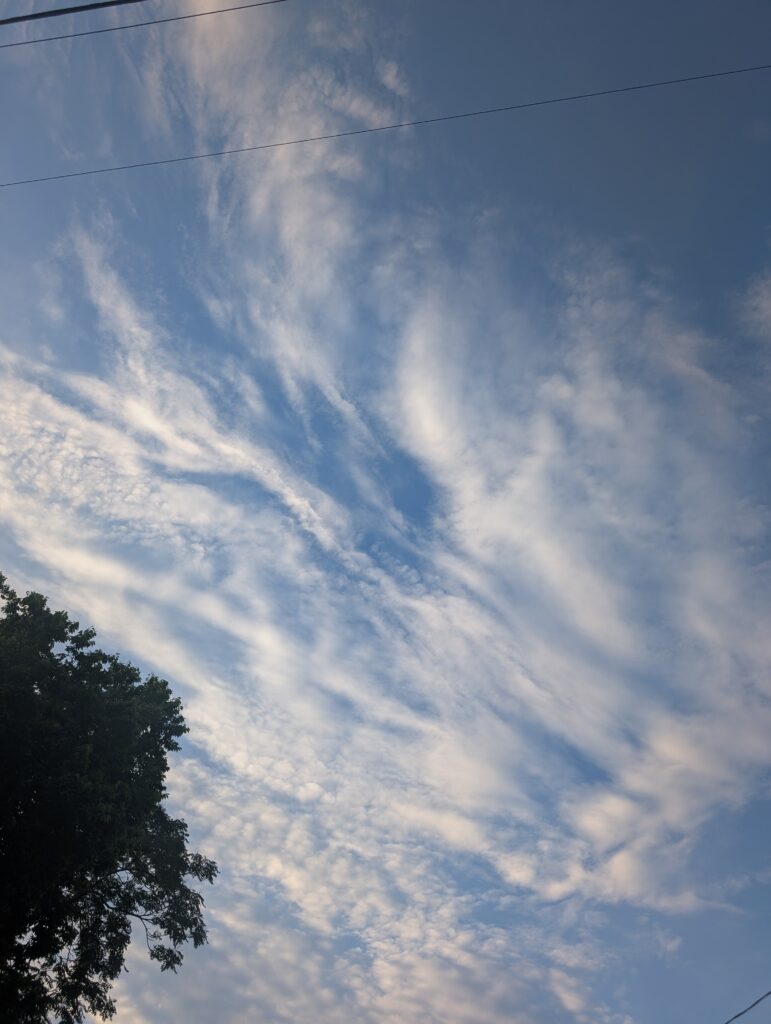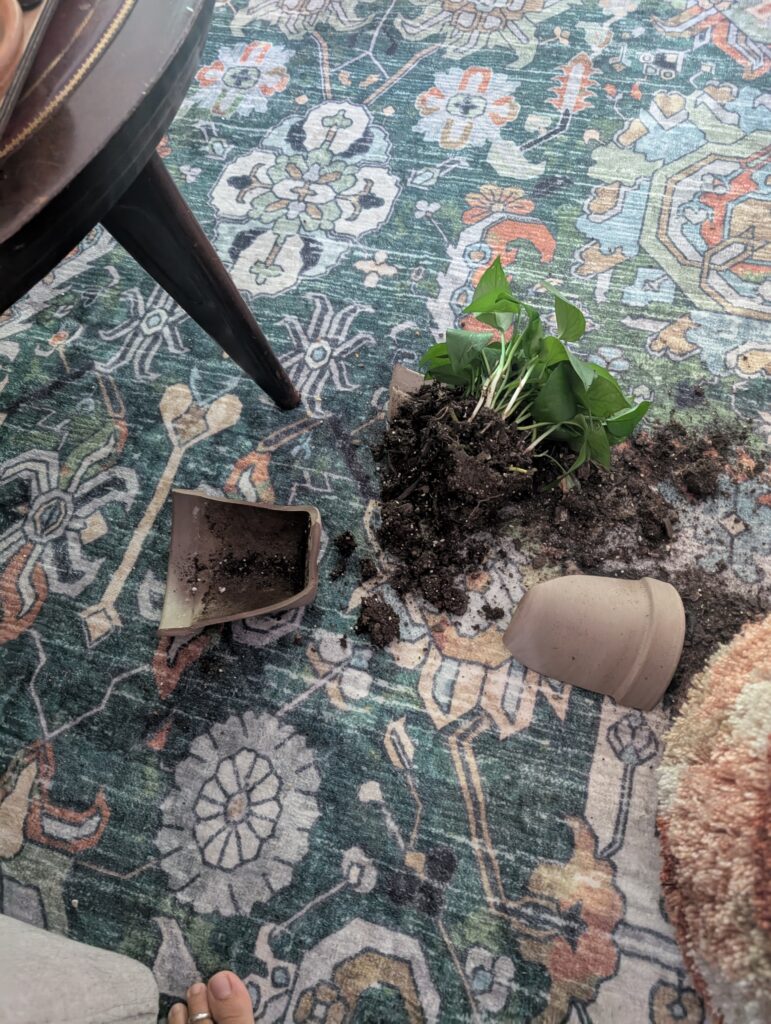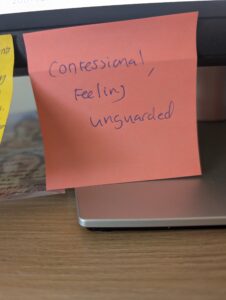Any work I read by Anais Nin, I prepare myself. The house must be quiet, and the chores must be done. I dim the lights. A prefatory setting must be made as though I’m setting out my finest cutlery for her impending visit. I know I’ll spend a great deal of time on the corner section of the sofa, and I’ll have already chewed my fingernails to the point of tenderness.
on writing
I read her essay, “The New Woman,” retreating to the deep reflection of her senses that lured me in the first place. She wrote about why one writes, liking it to breathing. She wrote profusely about how writing allowed her to experience life twice.
Writing can help one become increasingly aware. In moments when a writer feels bound, writing can liberate and create more room.
on artists
Anais Nin lived through other artists, and not just those who draw, compose music or design architecture. In her essay, she broadens this representation to those trapped in the house of the creative spirit — those with ideas and wanting to share them; those who seek to embody their internal world and who still bear their child-like fantasies into adulthood. She believed the creative quality that manifests in one makes an artist. She adds that psychologists often validate what poets have spoken about long ago, following a quote by Freud, “Everywhere I go, I find a poet has been there before me.” Nin aspired to both men and women creatives, particularly Henry Miller, whom she esteemed for the writer he was and the context in which he wrote. “I think I saw Miller very clearly,” she said.
on the new woman
On “The New Woman,” Nin envisions the novel woman blossoming today. This woman is courageous and adventurous and harmonizes with her strength but is quiet about it. She rations sharing her growth and success. This woman is no longer homebound through chores while wearing an apron. Rather, this woman encourages the man to be a partner with her, not a provider, and a sensitive man, at that, not threatened or compromised by this new woman.
Women have served as muses for a long time, and Nin cleaved onto this desire to be this inspiration to avoid having to write herself. For years, women were not asked to be pushed into the direction of a great writer, doctor or philosopher, but to marry and raise children. This new woman, however, faces her trauma and fear, falls in love hopelessly, taps into her sensuality and explores the confusing world of her own neurosis.
Anais Nin and her psyche
In her complex framework, Anais Nin finds poetry as essential as philosophy and psychology — which we lean into to recenter our misaligned selves. An artist rearranges herself to write fiction and dismantles herself to write her diaries, but the division is complementary and integrated. Her intuition sloshes along rationale without blending, like water and oil, and coexists when contained.
If you have read her diaries, you know she has delved into her vulnerabilities and explored her curiosities. Plunging into her psyche, one will come out soaked and disoriented from the depths of her perception. Nin does not highlight the disparity between women and men, femininity and masculinity. She blurs the lines, leading you to where the two converge. Where there is poetry, there is intellectuality. Where there is devastation, you will find creation.
In days when I’m confounded in my reverie, I look to Nin for having dreams and penchants. To assert myself. To have passion and communicate through the channel of emotion. To be moved by impulses and to stand rooted in personal conviction.
